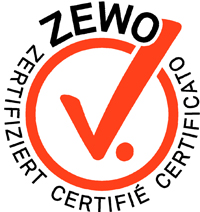Malaria, transmitted by mosquitoes, killed 409,000 people in 2019 in 87 countries, according to the WHO. Two-thirds of the victims are children under the age of 5. But these figures are probably underestimated, because the affected populations are mostly in the poorest countries, where statistics are difficult to be made.
It is estimated that 229 million people will be infected in 2019, more than 90% of them in tropical Africa. (UN)
Heavily affected children frequently develop one or more of the following symptoms: fever, headache and chills, severe anemia, respiratory distress. If not treated within 24 hours, falciparum malaria can progress to a fatal infection.
There is no vaccine. One of the obstacles in the fight against malaria is the resistance of the parasites (Plasmodium) to current drugs (quinine, chloroquine), but also to insecticides. Faced with a potential therapeutic impasse, new molecules must be developed to prepare the drugs of tomorrow.
Morija fights malaria every day, protecting, treating and saving lives
In its Integrated Health Center (IHC) in Guider, Cameroon, and in its Medical-Social Center (MSC) in Farendè, Togo, two countries that are highly affected by malaria, Morija is involved in the prevention and care of malaria patients. Mosquito nets are distributed to the population and to the most vulnerable people: this is a valuable and effective means of protection.
In 2020, 978 patients who contracted malaria were treated by Morija.
Help us in our efforts to save lives in the field by making a donation to our health projects. With CHF 28, you finance the care and treatment of a child suffering from malaria in our health centers in Africa.








